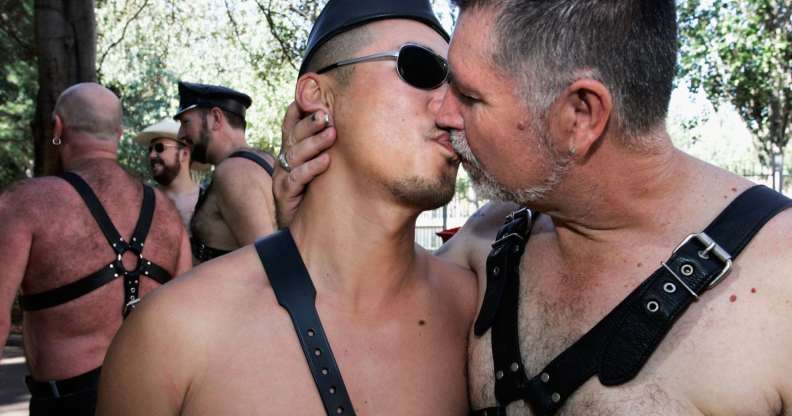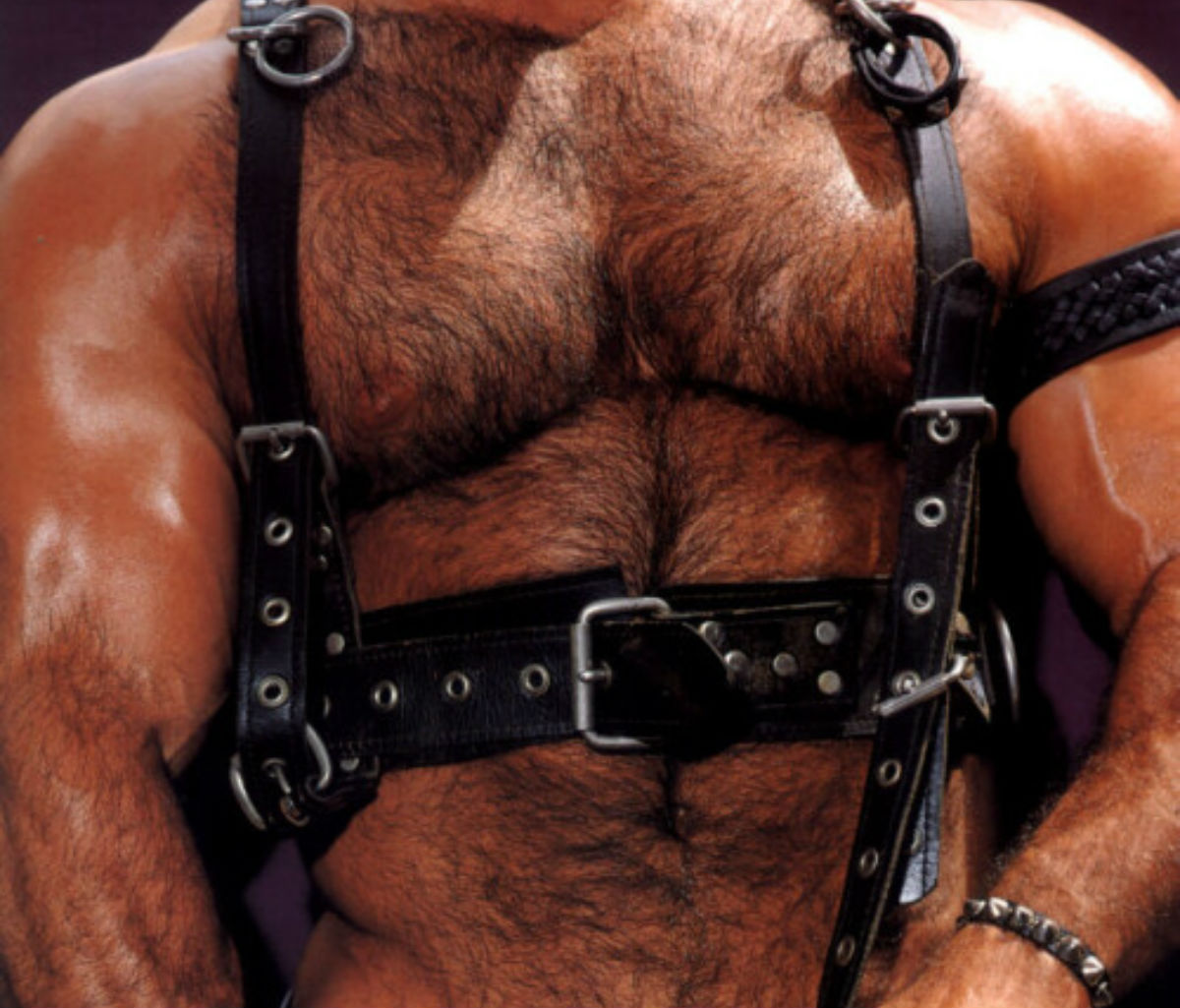University funds research into bears

SYDNEY, AUSTRALIA – MARCH 03: Harbour City Bears kiss during the 2007 Sydney Gay and Lesbian Mardi Gras parade March 3, 2007 in Sydney, Australia. This year’s parade saw more than 110 floats and marching groups with over 7,500 participants celebrating the theme “objects of love”. The parade is the grand finale to the month long festival.(Photo by Lisa Maree Williams/Getty Images)
A university is funding research into the gay bear subculture.
The University of Brighton has awarded £6,726 so that researcher Dr Nick McGlynn can study bear communities and spaces in the UK.
McGlynn, a “proud self-identified bear”, explains that he wants to “explore the experiences of big and fat men in Bear bars, pubs, clubs, and events, and to understand how these spaces might help tackle fat stigma for men.”
The Bearspace project will develop a “complete database of every Bear bar, pub, club, event and social group in the UK” that will be used as a basis for “one of the world’s largest empirical studies of Bear communities”.

‘Self-identified bear’ Dr Nick McGlynn
The researcher said: “Bear bars and events are some of the only spaces I feel comfortable as a fat gay man, and writing by other Bears suggests that many others feel the same.
“Fat stigma is increasingly felt by men and we all know how heightened this is in gay bars and clubs! So I’m eager to find out if there’s something positive and empowering we can learn from Bear spaces.”
He was awarded the funding via the University of Brighton’s Rising Stars Awards, which supports upcoming academics.
What is a bear? The gay tribe for big, hairy, hunky men
The project description on the University of Brighton website adds: “This research attends to an unexplored intersection of geographies of sexualities, and fatness/obesity. In a nation grappling with an ‘obesity epidemic’, fat people in the UK are highly stigmatised as unhealthy and sexually repulsive, with resultant serious mental/physical health impacts.
“Fat stigma is intensified in gay/bisexual men’s spaces, yet the impacts of fat stigma on men’s health or sexuality have received little attention.”

It adds: “The project aims to uncover the role of geography in the marginalisation and/or empowerment of fat gay/bisexual men in the UK. It engages with space, fatness and sexuality through work in the ‘Bear’ community – a large global subculture of large-bodied gay/bisexual men.
“The double stigma of fatness/sexuality has significant impacts on Bears’ mental and physical health, and Bear bars, clubs, and events are consequently experienced as ‘safe spaces’ for those excluded from both mainstream (due to sexuality) and gay/bisexual men’s spaces (due to fatness).
“The project will develop six case studies of UK Bear spaces, each comprising an on-site focus group, individual interviews, and the researcher’s own autoethnographic account as a self-identified Bear.”

The 2016 study, published in the Clinical Journal of Nursing, states: “Before discovering the bear community, members have described harassment and discrimination from both heterosexuals and homosexuals throughout their lifespan based on weight, which led to lower self-esteem.
“Perpetuating this perception of low self-esteem is the stereotypical image of a gay man who is usually young, slim, and smooth-skinned, an image which many men who identify as bears do not fit.”
The paper also claimed bears are more likely to engage in unprotected anal sex, fisting, asphyxiation, voyeurism and exhibitionism, leading to an increased risk of STIs or HIV infection.

